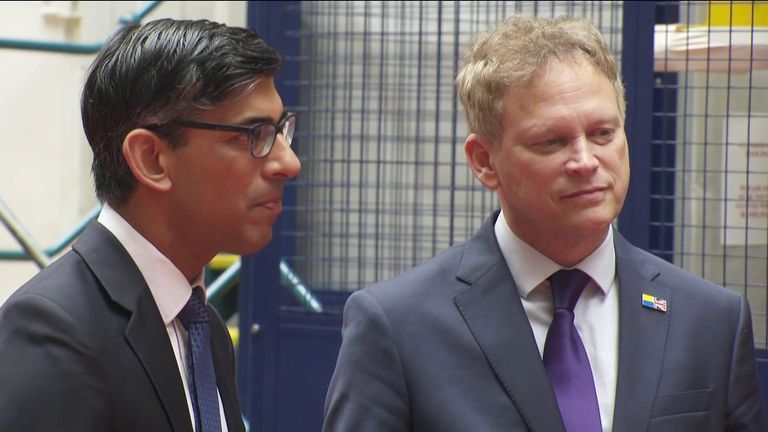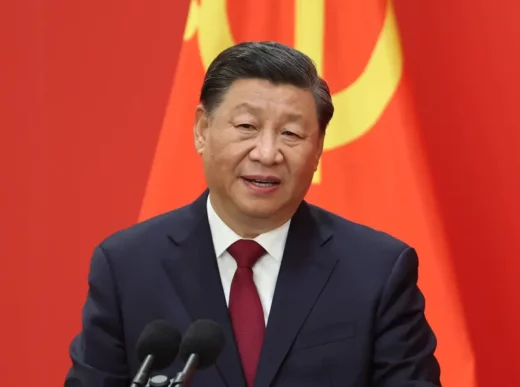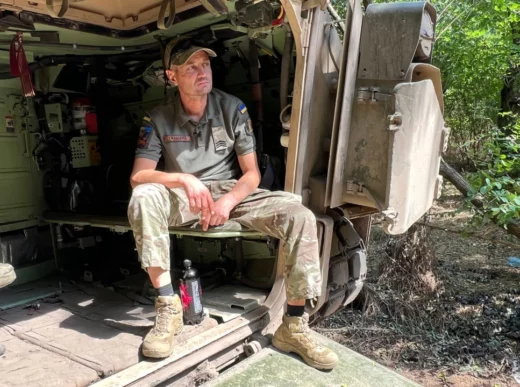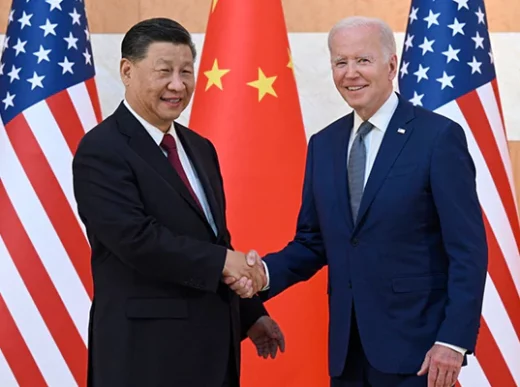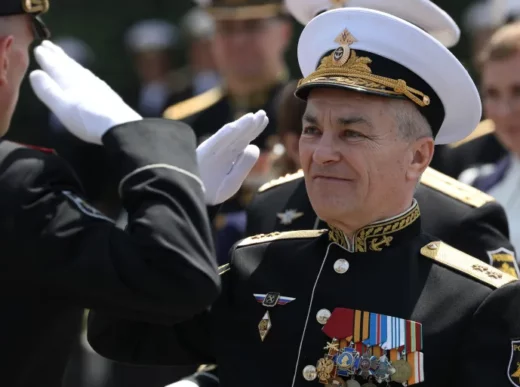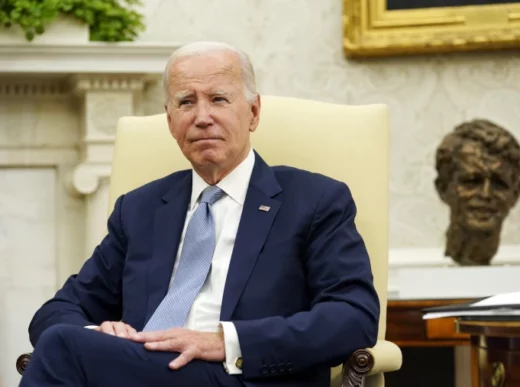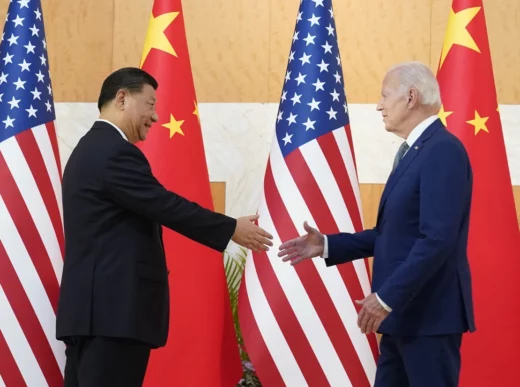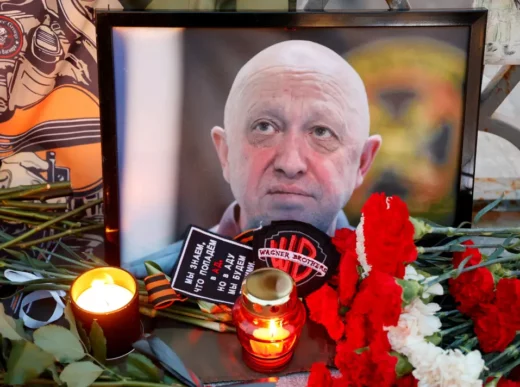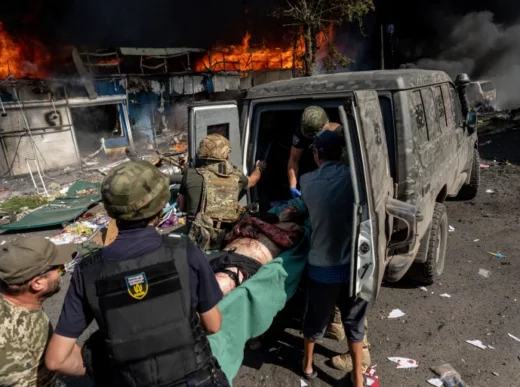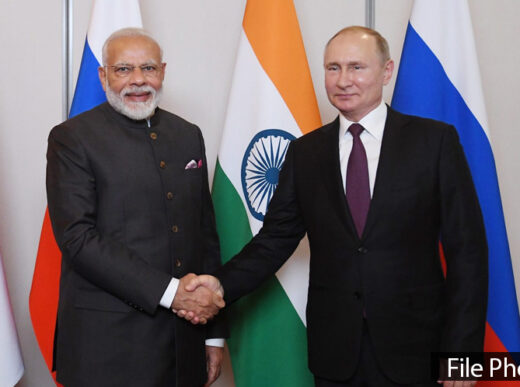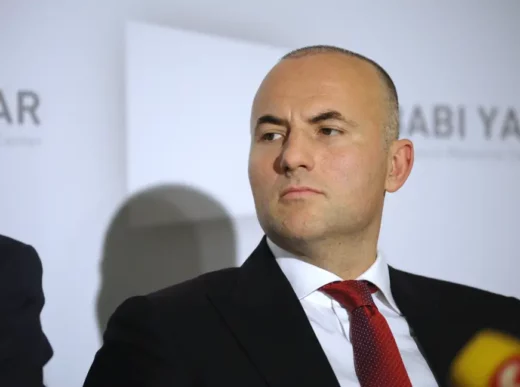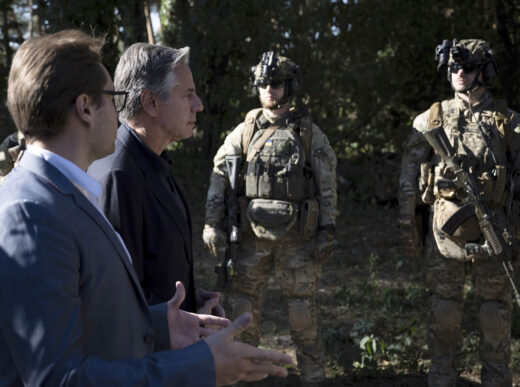The appointment of Grant Shapps as the new Defence Secretary raises eyebrows and concerns as he steps into this crucial role amid Europe’s ongoing war and significant funding challenges for the UK Armed Forces. This decision, made by Prime Minister Rishi Sunak, suggests a preference for appearances over substance, placing a strong communicator in a role of paramount importance without the necessary subject matter expertise.
The Missed Alternatives
Several other potential candidates, more experienced in defence matters, were overlooked for this pivotal role. Among them were Anne-Marie Trevelyan, a former Defence Minister herself, and Tom Tugendhat, a security minister and former reservist. The choice of Shapps has left some within Whitehall feeling disheartened.
Grant Shapps: A Novice in Military Affairs
While there is recognition that Shapps brings a wealth of experience as a cabinet minister, the fact remains that he is a newcomer to the complex world of defence. This appointment leaves the Ministry of Defence with a sense of relief due to his status as an experienced cabinet member. However, there is also an underlying concern about his lack of prior knowledge in defence matters and the limited time available for him to grasp this intricate brief.
Ukraine Crisis: A Top Priority
Shapps takes the helm of the Ministry of Defence at a critical juncture. His immediate focus will undoubtedly revolve around the UK’s response to Russia’s war in Ukraine. This responsibility will only grow in significance as the specter of “war fatigue” looms among Western allies.
Rebuilding the Armed Forces
The UK’s Armed Forces face substantial challenges that demand swift and effective leadership. Decades of cuts and underfunding have left the Army, Royal Navy, and Royal Air Force in a precarious state. The Army, in particular, has provided critical support to Ukraine but now requires replenishment of its aging weapons, as part of a broader modernization effort that hinges on strong leadership.
The Royal Navy grapples with recruitment issues, threatening its ability to maintain ships and nuclear deterrent submarines. The Royal Air Force faces a multitude of crises, including problems with recruitment and ongoing issues with flying training that have yet to be resolved.
A Multifaceted Challenge: Nuclear Submarines and Strategic Partnerships
The defence secretary will also need to quickly grasp the intricacies of a multi-billion-pound programme aimed at renewing the UK’s fleet of nuclear-armed submarines. Simultaneously, the military is engaged in growing a new fleet of nuclear-powered boats in collaboration with Australia and the US—a programme of strategic national importance.
Grant Shapps steps into this demanding role at a pivotal moment, facing a complex array of challenges that demand nuanced expertise in defence matters. His ability to navigate these challenges and provide effective leadership will undoubtedly be scrutinized in the coming months.
